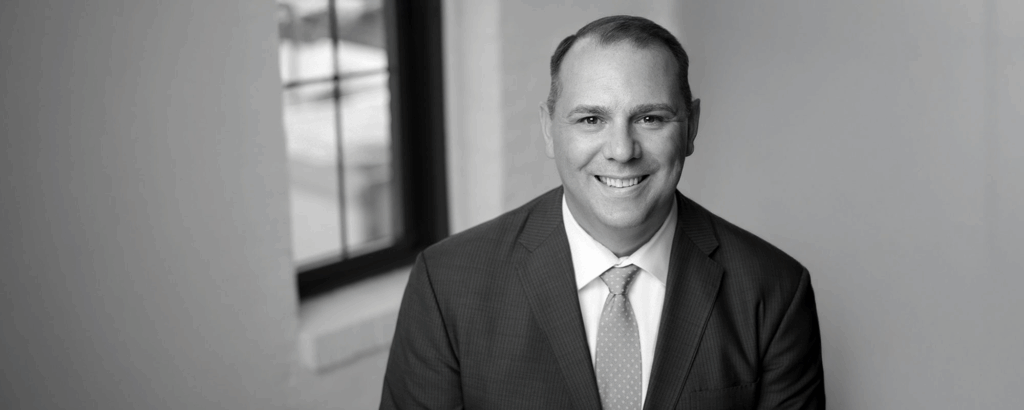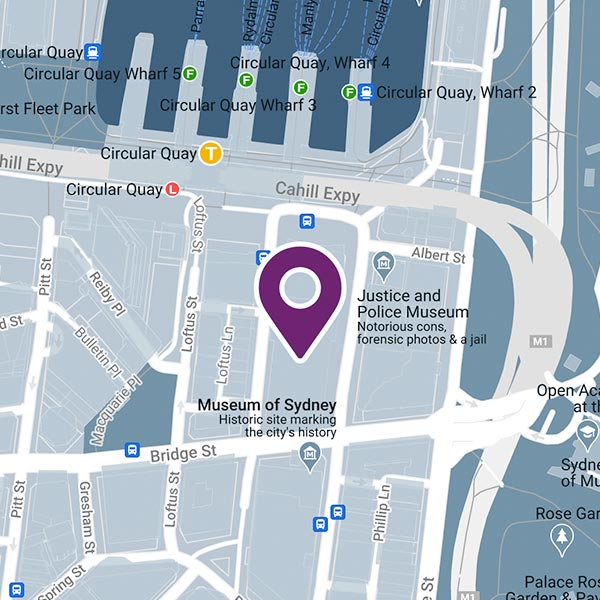In the U.S. alone, the insurance and legal sector experienced 37 CEO departures between January and November 2024. This heightened turnover underscores the critical importance of appointing the right Chief Executive Officer (CEO) in the insurance industry. An effective CEO can drive sustainable growth, foster innovation, and enhance resilience, whereas a misstep can lead to strategic misalignment and long-term organisational challenges.
Central to a successful appointment is the formation of a capable and cohesive CEO search committee. This article serves as a guide for board members in the insurance sector, outlining how to construct an effective search committee that aligns with the strategic needs of the organisation.
Understanding the Role of a CEO Search Committee
A CEO search committee is a designated group appointed by the board to manage the process of identifying, evaluating, and recommending potential candidates for the CEO role. Their core responsibilities typically include:
- Defining the Leadership Profile: Collaborating with stakeholders to outline the essential skills, experience, and personal attributes required of the next CEO.
- Engaging Executive Search Firms: Selecting and liaising with external executive search partners to leverage their industry knowledge and extensive candidate networks.
- Screening and Interviewing Candidates: Overseeing a structured assessment process to ensure each candidate is rigorously and fairly evaluated.
- Recommending Finalists: Presenting a shortlist of highly qualified candidates to the full board for final consideration.
The partnership between the search committee and the executive search firm is critical. While the committee provides contextual understanding of the organisation’s culture and strategic priorities, the search firm brings specialist recruitment insight and access to a broader and more diverse talent pool. Together, they ensure a robust and effective process.
Risks of a Mismatched Search Committee
An ineffectively composed search committee can create significant challenges, both in the immediate term and further down the line:
- Short-Term Disruptions: Misaligned expectations, poor communication, or internal disagreements can slow progress, derail timelines, and compromise the candidate experience.
- Long-Term Consequences: A poorly selected CEO may lack the cultural alignment or strategic foresight necessary for the role, leading to a decline in organisational performance, staff turnover, or even reputational damage.
For example, a search committee lacking diversity in perspective or industry understanding may inadvertently overlook candidates who could bring transformative leadership—an increasingly critical factor in an insurance sector facing digital disruption, regulatory shifts, and evolving customer expectations.
Seven Tips for Building an Effective CEO Search Committee
- Appoint a Strong Chairperson
The chairperson plays a pivotal role in the success of the search committee. They should not only be respected by fellow board members but also possess strong leadership and communication skills. Their role includes facilitating productive discussions, managing any differences of opinion, and ensuring the committee remains focused and aligned throughout what can be a lengthy and nuanced process. A strong chair will also act as the primary point of contact with the executive search firm, driving consistency and clarity across all touchpoints. They set the tone for the process and ensure that the committee operates with integrity, urgency, and strategic foresight. - Ensure Diversity of Thought and Experience
A high-performing search committee should reflect a broad range of professional expertise, demographic backgrounds, and strategic perspectives. This diversity is particularly important in today’s insurance environment, where leadership must navigate issues such as digital transformation, ESG, emerging risk landscapes, and evolving customer behaviours. Including members with experience across different functions—such as underwriting, claims, digital innovation, finance, and risk—enables a more holistic evaluation of CEO candidates. Importantly, diversity of thought helps guard against groupthink and enriches discussions with new ideas and insights. - Define Clear Roles and Responsibilities
Lack of role clarity can lead to confusion, duplicated efforts, or, worse, gaps in critical parts of the process. At the outset, each committee member should understand their specific contribution—whether that’s shaping the leadership brief, engaging with stakeholders, or participating in interviews. Clearly defined responsibilities help streamline workflows and support accountability. This is particularly important in insurance organisations where regulatory scrutiny, governance expectations, and shareholder transparency are high. Documenting these roles also sets expectations for engagement, attendance, and confidentiality throughout the search. - Uphold Confidentiality and Integrity
The CEO search process is often sensitive and high-stakes. Any leaks, speculation, or breaches of confidentiality—internal or external—can erode candidate trust, damage the company’s reputation, or destabilise internal operations. Every committee member must recognise the ethical and fiduciary duty they carry. It’s essential to establish a code of conduct early on, with clear expectations around information handling, discretion in communication, and behaviour during candidate interactions. A confidential, well-governed process is not only best practice but also a signal to top-tier candidates that the organisation takes leadership seriously. - Engage the Right Search Partner
Not all search firms are created equal, and choosing the right partner is a critical decision. Look for a firm with deep, demonstrable experience in the insurance sector and a global network that reflects your organisation’s strategic ambitions. The right search partner should offer more than candidate introductions—they should act as an advisor, helping you shape the role, benchmark compensation, and assess candidates beyond the CV. They should also align with your values and demonstrate a commitment to diversity, equity, and inclusion. Ask for case studies, recent assignments, and client references before making a decision. - Commit to a Transparent and Structured Timeline
A CEO search can be a multi-month process, and without clear structure, momentum can quickly stall. From the outset, define a timeline with key milestones—such as finalising the leadership profile, conducting stakeholder consultations, first-round interviews, and final board recommendations. Ensure this timeline is realistic, yet disciplined. Regular progress updates and check-ins help maintain momentum, keep all stakeholders informed, and give candidates a consistent and professional experience. A well-structured process also signals to internal and external stakeholders that the board is committed, competent, and forward-looking. - Focus on Cultural Fit and Strategic Alignment
A candidate’s CV will tell you where they’ve worked and what they’ve achieved—but long-term success as CEO hinges on far more than just experience. Cultural fit is paramount. Will this leader inspire the workforce? Can they navigate the nuances of the organisation’s legacy while steering it towards future growth? Strategic alignment is equally critical: does the candidate share the board’s vision for where the organisation is headed—whether that’s international expansion, digital transformation, or restructuring? It’s important to assess these less tangible qualities during interviews, through psychometric testing, or even via informal settings that offer a more natural view of leadership style.
Engaging an Executive Search Firm
An external insurance executive search firm can play a pivotal role in guiding and elevating the CEO recruitment process. Here’s how to ensure a productive partnership:
- Clarify Your Needs: Be transparent about the organisation’s strategic aims, cultural values, and the leadership qualities you are seeking. The clearer your brief, the stronger the search outcome.
- Choose a Specialist Firm: Opt for a search partner with a deep network and demonstrable experience within the insurance sector. Sector knowledge ensures relevance and reduces risk.
- Foster a Collaborative Dynamic: Open, honest communication between the search committee and the firm is essential. Provide feedback regularly and work iteratively to refine the candidate brief as the process unfolds.
- Leverage Their Reach: A top-tier firm will surface not only visible candidates but also those who are not actively seeking a move. These often represent the most compelling prospects.
Final Thoughts
As the insurance industry continues to evolve—through digital transformation, regulatory change, and shifting customer expectations—the role of the CEO has never been more complex, nor more critical. Building the right search committee is the first, and perhaps most important, step in securing transformative leadership.
At Eliot Partnership, we specialise in executive search within the global insurance market. With decades of experience, deep sector expertise, and a global network of senior leaders, we are well placed to support boards in navigating the nuances of CEO succession.
To find out how we can support your leadership search, get in touch with our team.












